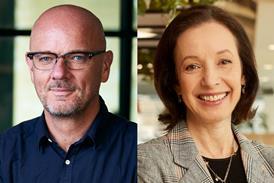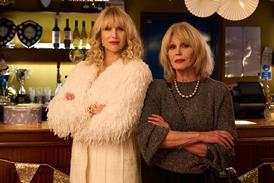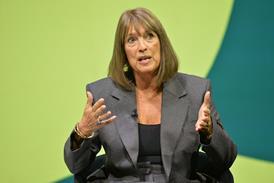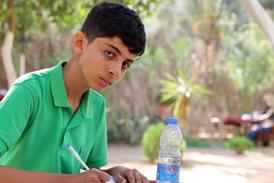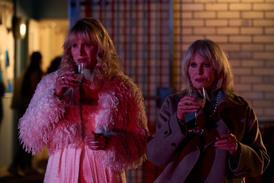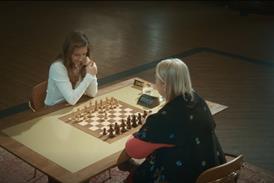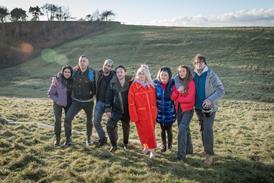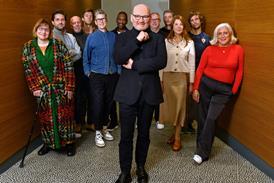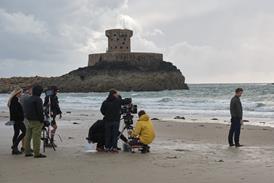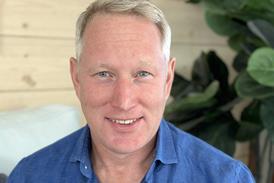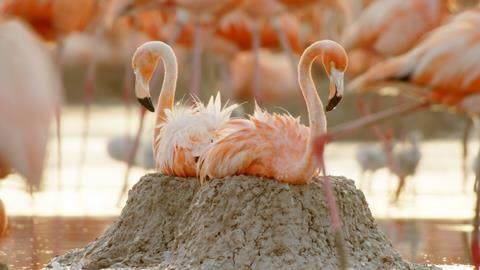 Sponsored content
Sponsored content
ITV Studios labels The Garden and Plimsoll Productions are taking their experience in fact ent, docs and natural history into new territory
When you’ve broken new ground in one particular genre or form of storytelling, it’s easy to get pigeon-holed. But the nimblest and most innovative producers are finding ways of taking the strength of their core programming into rich new territory.
At first glance, it can be hard to see the thread between, say, 24 Hours In A&E and Squid Game: The Challenge, or between A Year On Planet Earth and Handmade: Britain’s Best Woodworker. But ITV Studios labels The Garden and Plimsoll Productions, respectively, are seeing huge wins from cross-fertilisation within their development and production teams.
Through shows like 24 Hours In A&E, The Garden became synonymous with the fixed rig, a set-up that, points out chief executive John Hay, spawned from “the wild idea of taking the Big Brother gallery into real-world situations”.
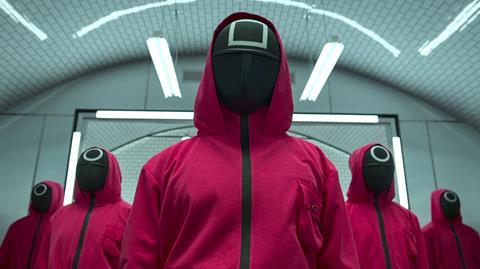
The company’s documentary DNA is evident in all its output, Hay says, including the hugely complex storytelling of Squid Game: The Challenge (a co-production with Studio Lambert).
This presented a needle-in-a-haystack challenge requiring a reverse-editing approach, picking out storylines from among the 456 players at the start of the game focusing on the few who would make it to the final stages, without giving away narrative twists.
The Garden’s output is, says Hay, united by empathy: 24 Hours In A&E has the framing of a blue-light ob doc, but the secret to its longevity – more than 250 episodes in a decade on air – is that, at heart, it’s “really the story of a person’s life up to this moment of crisis, and what that crisis reveals about their relationships and the way they see themselves”.
The company’s UK version of survivalist reality show Alone, he says, continues that tradition, gradually unfolding what motivated each of its contestants to take part as the series went on.
Meanwhile, though known primarily for natural history, Plimsoll in fact makes more shows within the fact ent and doc space, points out chief executive Grant Mansfield – it’s just that the bigger-budget wildlife shows contribute significantly to both the bottom line and the company’s international profile.
He adds: “We’re particularly interested in trying to work again in areas where we think our expertise in natural history could help us in the way we think about, and shoot, other genres.”
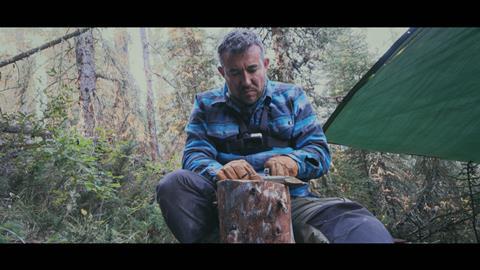
Both companies have dug deeper into adventure programming in recent years. The Garden’s Wilderness With Simon Reeve, its fourth series with the adventurer, comes to BBC2 next year and, Hay says, Reeve’s “boundless curiosity about people” chimes with The Garden’s character-driven, empathetic approach.
Mansfield, meanwhile, sees “high-octane” National Geographic series Arctic Ascent With Alex Honnold as “adjacent” to its natural history programming, imparting a crucial environmental messages without being didactic.
Mansfield sees a through line in Plimsoll’s content: shows that entertain and engage a global audience. “We’re quite unusual in that we spend as much time pitching shows in West Hollywood as we do in London,” he says.
Audiences in the US, for example, are not as well-versed in the kind of natural history storytelling he calls the “encyclopedia” tradition of British output, where a certain audience size is a given.
“To get people not just to come to our shows, but to stay with them, we need to focus on narrative arcs that work across whole episodes and tell stories through characters. As with a drama, and probably with a fact ent show, you’re trying to ensure that at the end of an episode, people want more.”
Hollywood stars certainly help: Awkwafina voices upcoming Disney’+ series A Real Bug’s Life, which uses the familiar IP of the Pixar movie and groundbreaking micro-cameras to bring viewers into its ‘real world’ version and “turn ants into heroes”, says Mansfield.
Ant-Man’s Paul Rudd narrated earlier Apple TV+ series Tiny World, while a fellow Avengers star showcases wildlife migrations in another Disney+ show, Animal Journeys With Jeremy Renner.
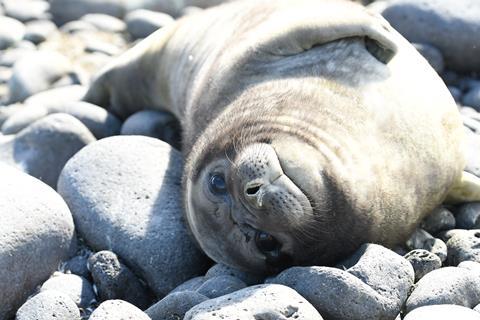
Tonally, A Real Bug’s Life had some specific production challenges, notes Martha Holmes, chief creative officer of natural history and science. “We really looked hard for central characters that have big eyes, like a jumping spider, and to have a neck if possible – it feels that it’s more relatable if you can have a head turn,” she notes.
Plimsoll has also taken a new angle on nature in Peacock’s Queer Planet (pictured top), showing on Sky. “As a relatively new streamer, Peacock was looking to dip its toe in the water in the genre, and no one was addressing this subject,” says Holmes. “It commissioned the doc to coincide with Gay Pride Month and it struck a chord.
Holmes says it required some counterintuitive thinking. “A lot of it is the kind of behaviour that usually hits the cutting room floor – if you’ve got the pride of lions, you want to show the lion hunt rather than two males having it off.” The provocative title also offered some compelling human interest content, something from which natural history often shies away.
“It can be hard to come out in the scientific community in some parts of the world, where they’re not always given permission even to publish their papers on the basis of their country’s laws.”
Similarly, Garden chief operating officer Fee Freed says the company’s expansion into new territory has been enabled by the “pool of brilliant people” it has employed and trained up on A&E and sister show 24 Hours In Police Custody, whose alumni are now, she says, spread among TV commissioners, rival indies and the freelance community.
“There’s something about that scale of production, and the balance between format and creative freedom existing within both shows, that makes it a brilliant place to learn your craft.”
Freed and Hay are particularly proud of Police Custody’s record of consciously supporting female producers to move into directing, a profession still woefully imbalanced along gender lines across the industry.
“ITVS gives labels enough room to let their own creative culture flourish”
John Hay, chief executive, The Garden
As well as broadening their output, both companies believe their culture of cross-fertilising ideas empowers staff. “At Plimsoll, anyone from a researcher to an exec can put their hand up and ask to join a meeting if they’ve got an idea,” says Holmes. “We want everyone to have a say in development.”
Hay cites this freedom as one of the benefits afforded by The Garden’s parent label, which he describes as “a very benign, enabling landlord”.
He adds: “ITV Studios gives the individual entities and labels enough room to let their own creative culture flourish. That sort of federalism is crucial – you want the benefits of scale and the freedom to be distinctive, and I think it gets that balance pretty right.”


